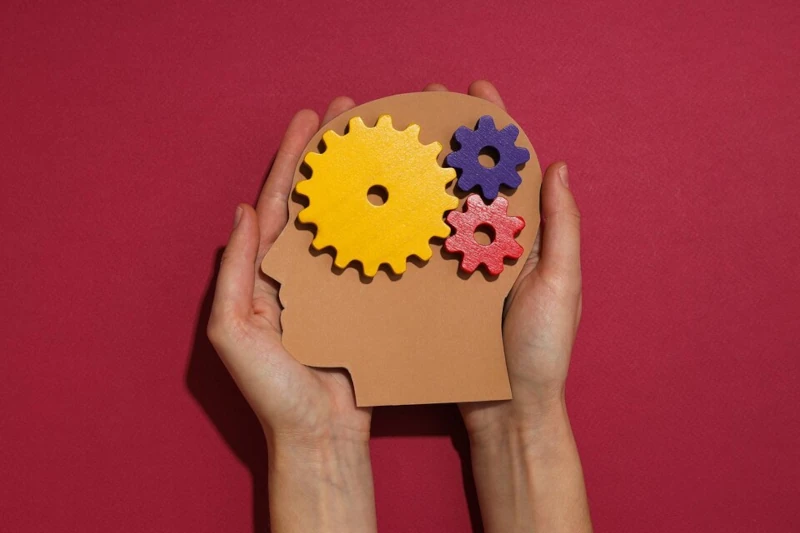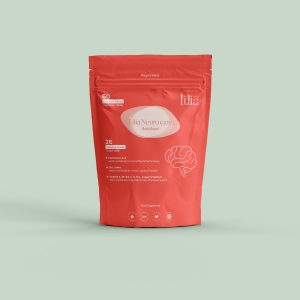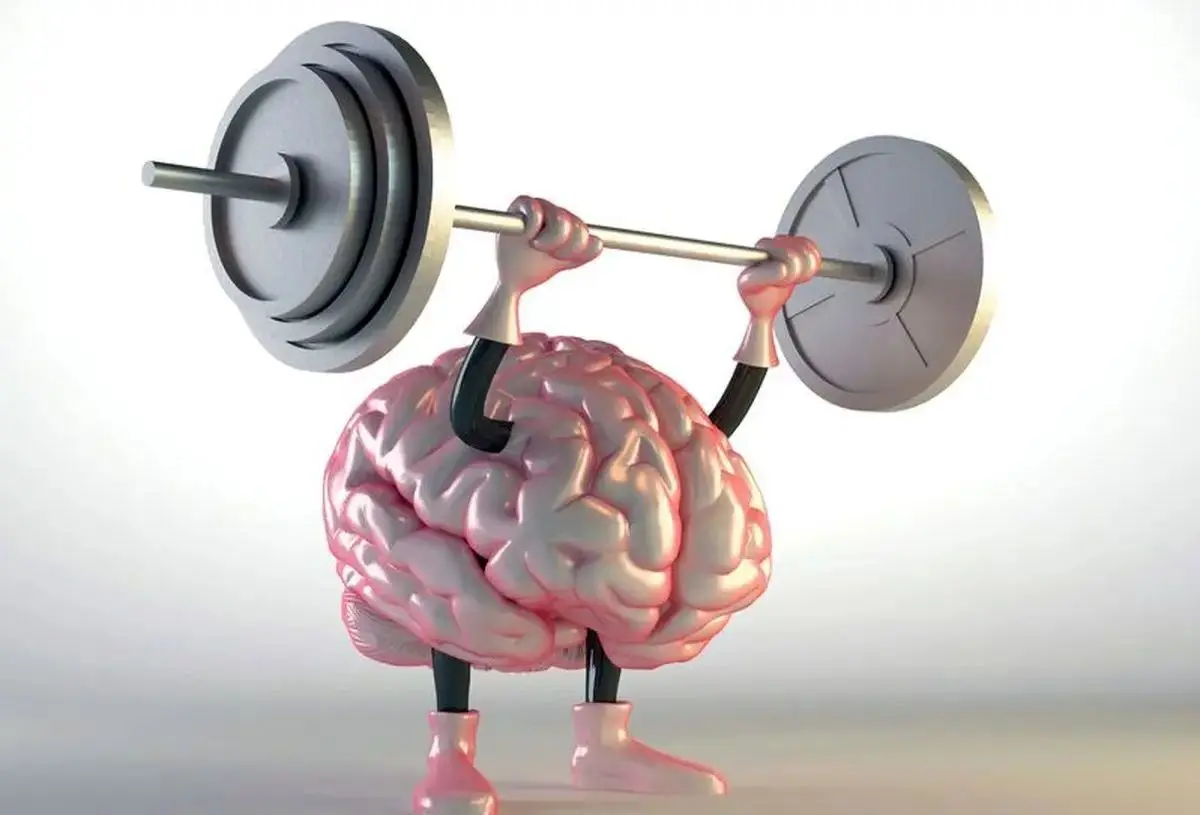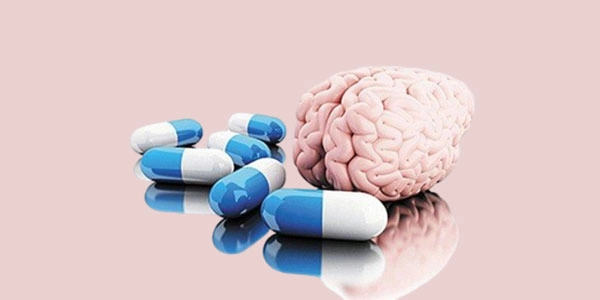جدول محتواها
Mental performance when full vs. hungry is a topic that has sparked significant interest in both scientific research and everyday conversations. Our mental clarity, focus, and cognitive abilities can fluctuate depending on whether we’ve recently eaten or are running low on fuel.
While many of us have experienced the fogginess that comes with hunger or the mental sharpness felt after a meal, the science behind these changes is not always clear. This article explores how hunger and satiety can affect brain function and performance, and how understanding this connection can help optimize mental output throughout the day.
How Hunger Affects Your Brain and Cognitive Function
Mental performance when hungry can significantly decline as the brain relies on a constant supply of glucose for energy. When we don’t eat for an extended period, blood sugar levels drop, leading to feelings of irritability, difficulty concentrating, and slower cognitive processing.
Hunger triggers the release of stress hormones like cortisol, which can further impair our ability to focus and make decisions. In addition, the brain’s prefrontal cortex, responsible for higher-level functions like problem-solving and decision-making, becomes less efficient. Understanding how hunger affects cognitive function can help us make better dietary choices to maintain mental clarity throughout the day.
The Impact of Being Full on Mental Clarity and Focus
Mental performance when full tends to improve, as the brain receives a steady supply of nutrients and glucose, allowing it to function at its best. After eating a balanced meal, cognitive abilities like memory, attention, and problem-solving are often sharper.
This is because the body is able to provide the brain with the energy it needs to operate efficiently. However, it’s important to note that overeating can have the opposite effect. Consuming too much food, especially high-fat or high-sugar meals, can lead to feelings of sluggishness and reduced mental clarity, as the body directs energy towards digestion rather than cognitive function. Understanding the balance between being full and overeating is key to maintaining optimal mental performance.
Scientific Insights: Why Mental Performance Varies with Hunger Levels

Scientific research has shown that mental performance when full vs. hungry can be explained through the body’s intricate biochemical processes. When we are hungry, the body experiences a drop in blood sugar levels, which triggers a series of hormonal responses. Low blood glucose can reduce the brain’s ability to function at its optimal level, affecting memory, attention, and decision-making.
This is because the brain consumes about 20% of the body’s total energy, and when there’s less fuel available, cognitive functions can begin to suffer. On the other hand, when we eat, particularly foods rich in complex carbohydrates and proteins, the body breaks them down into glucose, providing a steady and sustained energy supply for the brain.
In addition to blood sugar levels, hunger also increases the production of certain hormones, such as ghrelin and cortisol, which can impair cognitive performance. Ghrelin, often referred to as the “hunger hormone,” signals to the brain that it’s time to eat, but it can also make it more difficult to concentrate on tasks. Meanwhile, cortisol, the stress hormone, rises when we’re hungry, leading to increased anxiety and difficulty focusing.
In contrast, when we’re well-fed, the body is in a more balanced state, and the brain is less distracted by the physiological stress of hunger. This helps explain why mental performance tends to improve when we are full and why prolonged hunger can lead to mental fatigue and reduced focus.
Balancing Your Diet for Optimal Mental Performance
- Prioritize Nutrient-Dense Foods: To maintain steady energy levels throughout the day, it’s essential to focus on foods that provide lasting nutrition. Complex carbohydrates (like whole grains), lean proteins (such as fish, chicken, and legumes), and healthy fats (like avocados and nuts) can all help sustain mental energy and prevent the energy crashes that come with sugary snacks. Balancing your meals with these food groups will support cognitive function, ensuring better mental performance when full vs. hungry.
- Eat Regular, Balanced Meals: Skipping meals or going long periods without eating can cause significant dips in mental performance. Eating balanced meals at regular intervals helps keep blood sugar levels stable, preventing the cognitive sluggishness that comes with hunger. Small, frequent meals can also be beneficial, as they offer a consistent supply of energy to the brain.
- Incorporate Brain-Boosting Foods: Certain foods are particularly known for their positive effects on brain health, such as blueberries, dark chocolate, fatty fish (rich in omega-3s), and leafy greens. Including these foods in your diet regularly can boost cognitive function, enhance focus, and improve overall mental clarity.
- Hydrate Properly: Dehydration can also impair cognitive function, leading to poor concentration and fatigue. Drinking enough water throughout the day is just as important as eating the right foods. Aim to stay hydrated to ensure your brain is performing at its peak, particularly during periods of intense mental activity.
- Avoid Overeating: While being full is important for mental clarity, overeating can lead to sluggishness and reduced focus. Large, heavy meals, especially those high in fats and sugars, can cause an energy crash, which negatively affects mental performance. Aim to eat in moderation to maintain both physical and cognitive energy levels.
Lilia Neuro Care: A Solution to Enhance Mental Performance

Lilia Neuro Care offers a natural and effective solution to enhance mental performance, especially during times when focus and cognitive clarity are needed most. This innovative supplement is specifically designed to support brain health by combining powerful ingredients like ginseng, ginkgo biloba, and B vitamins, which are known to improve memory, concentration, and overall cognitive function.
Whether you’re struggling with mental fatigue from hunger or need sustained focus throughout the day, Lilia Neuro Care helps nourish the brain and optimize its performance. With regular use, it supports mental sharpness and resilience, providing the additional boost needed to stay sharp, focused, and alert, no matter the circumstances.
Conclusion: The Key to Improved Mental Performance
In conclusion, understanding the dynamics of mental performance when full vs. hungry is essential for optimizing cognitive function throughout the day. While hunger can impair focus and clarity, being well-nourished can enhance mental sharpness and decision-making. By balancing your diet with the right nutrients, eating regular meals, and incorporating brain-boosting foods, you can support your brain’s ability to perform at its best.
For those looking for an additional edge, products like Lilia Neuro Care offer a natural way to enhance cognitive function, helping you stay sharp whether you’re feeling full or hungry. Prioritizing mental health and fueling your brain properly is the key to unlocking improved mental performance and overall well-being.
FAQs
How does hunger affect mental performance?
Hunger leads to a drop in blood sugar levels, which can impair concentration, memory, and decision-making. It also increases stress hormones like cortisol, making it harder to focus.
Can being full improve cognitive function?
Yes, being full with a balanced meal provides the brain with necessary nutrients and glucose, improving focus, memory, and overall cognitive performance. However, overeating can cause sluggishness.
What foods help improve mental performance?
Foods rich in complex carbohydrates, lean proteins, omega-3 fatty acids (like fish), and antioxidants (like blueberries) are known to support brain health and cognitive function.
How can Lilia Neuro Care enhance mental performance?
Lilia Neuro Care contains ingredients like ginseng and ginkgo biloba, which help improve memory, concentration, and mental clarity, providing additional support for sustained focus and cognitive function.







